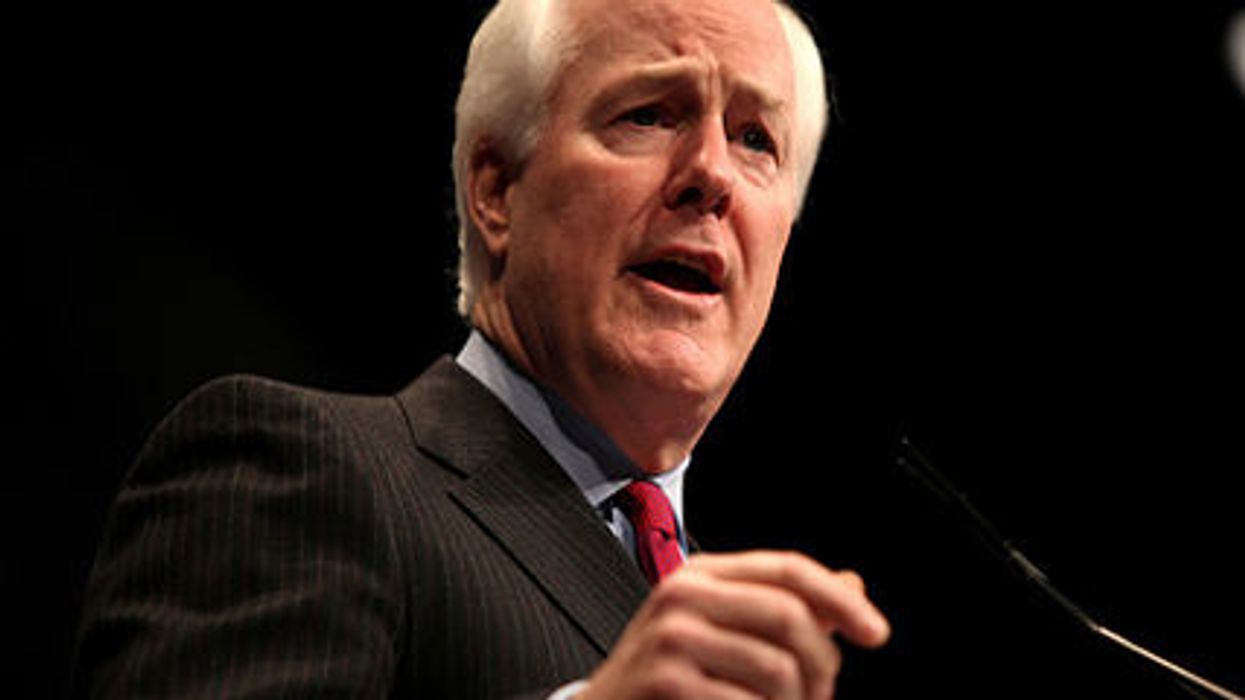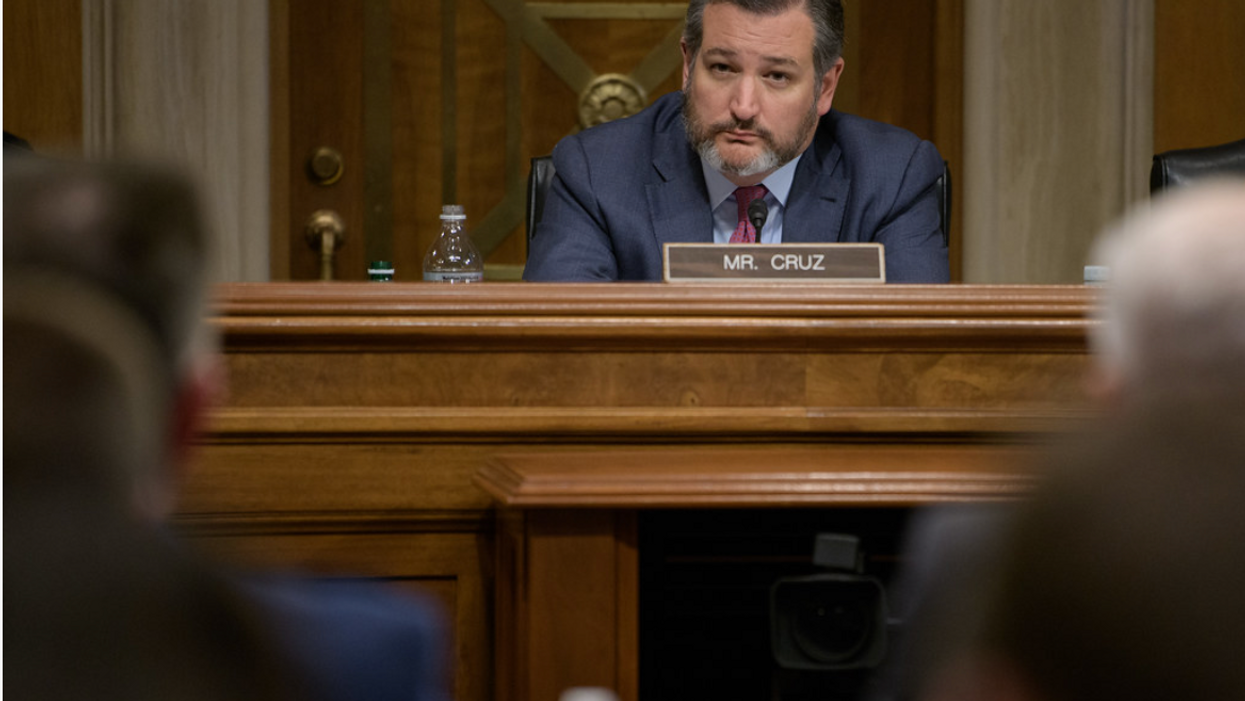'Hard To Run From Prison, Ken': Senator Rips Indicted Texas Attorney General
Former Senate Majority Whip John Cornyn (R-TX) is among the Senate Republicans who is being mentioned as a possible replacement for Senate Minority Leader Mitch McConnell (R-KY), who on Wednesday announced that he is retiring from that position. The 82-year-old McConnell plans to serve out the rest of his term, which doesn't end until January 3, 2027, but he is stepping down as GOP leader in the U.S. Senate in November.
Far-right Texas Attorney General Ken Paxton is hoping that someone other than Cornyn will be chosen. Although the conservative Cornyn has endorsed Donald Trump in the 2024 presidential election, Paxton believes that he isn't MAGA enough.
Paxton, who has been battling legal problems — including securities fraud charges — but survived an impeachment effort in the Texas legislature, attacked Cornyn in a February 28 post on X (formerly Twitter).
The Texas AG wrote, "It will be difficult for @JohnCornyn to be an effective leader since he is anti-Trump, anti-gun, and will be focused on his highly competitive primary campaign in 2026. Republicans deserve better in their next leader and Texans deserve another conservative Senator."
Cornyn, in response to Paxton's tweet, posted, "Hard to run from prison, Ken."
Paxton has been battling legal problems for almost a decade.
In 2015, Paxton was serving his first term as Texas attorney general when he was indicted on securities fraud charges And his legal problems have persisted; the case has been delayed but is scheduled to go to trial in April. Paxton, as Cornyn mentioned, is still in danger of going to prison.
Despite his legal problems, Paxton was reelected as state attorney general in 2018 and won a third term in 2022.
Paxton, in 2023, was impeached in the GOP-controlled Texas House of Representatives, and fellow Republicans argued that acts of corruption and allegations of bribery made him unfit to continue serving as Texas attorney general. But he was later acquitted in an impeachment trial in the Texas Senate, where Republicans also have a majority.
Reprinted with permission from Alternet.











